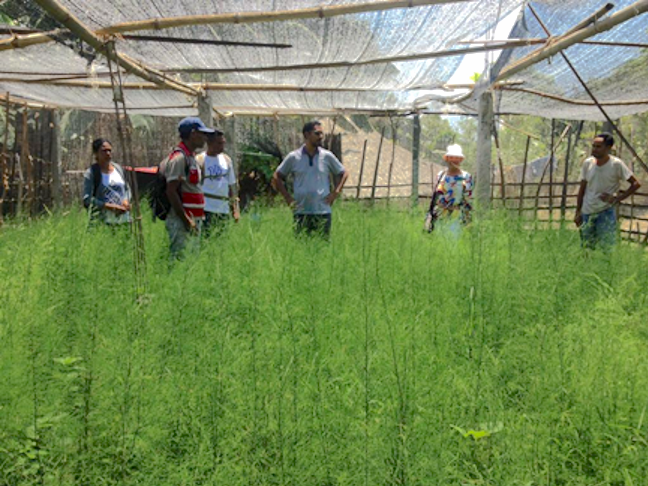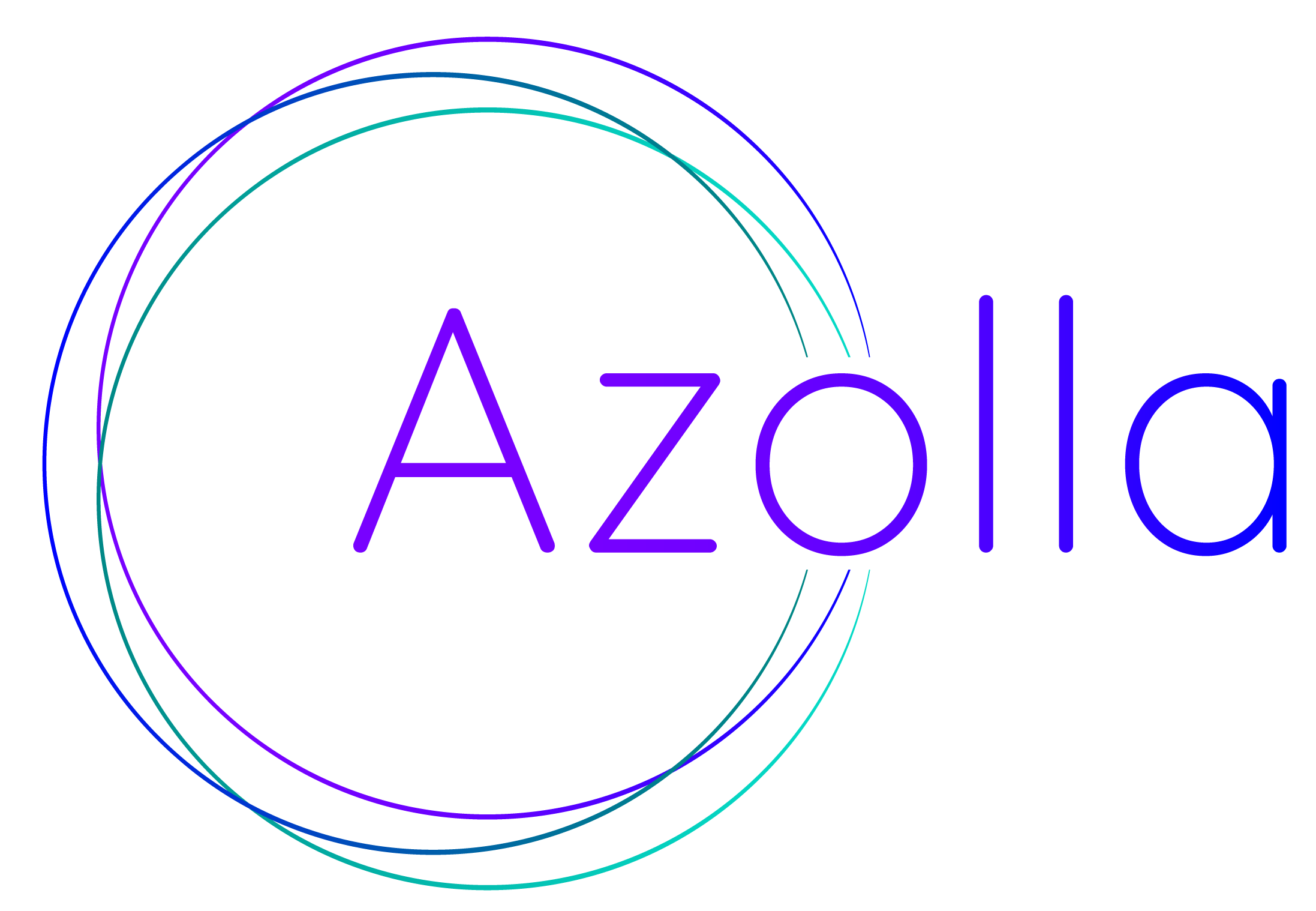Halo Verde


Profile
In a nutshell
Halo Verde is a reforestation project in Timor-Leste, a small island country in Southeast Asia, which captures CO2 in the biomass of the tree and through improved soil conditions. The project is run by Fundação Carbon Offset Timor (FCOTI) and has been developed in collaboration with Charles Sturt University, GTNT Group and received funding from the Darwin Initiative. Since its start in 2011 more than 257’000 native trees have been planted. In addition, Halo Verde supports farmers with technical assistance and combines afforestation with agroforestry, land restoration, and sustainable agriculture practices, resulting in a truly holistic approach.
Founded
2011
Location
Timor-Leste
Method
Afforestation / Reforestation
Co-benefits
In addition to reducing CO2 from the atmosphere, the project generates extra benefits for the communities and the environment.








CO2 Removal
Halo Verde is a reforestation project – CO2 is captured and stored through the planting of naturalized trees in Timor-Leste. The CO2 is mainly stored in the biomass of a tree, meaning its roots, trunk, leaves, and branches. An additional 25% of the certified captured CO2 is stored in the soil by the increased storage capacities of the ground due to the new vegetation coverage and improved land management. Most of the carbon is captured during the trees’ growth period whose duration is highly dependent on the species of the tree. However, the so-called crediting period is fixed to 30 years. This means the carbon captured by the trees in the next 30 years after being planted will be measured and turned into carbon certificates.
The captured and stored CO2 is measured and certified by the independent Scottish agency PlanVivo.
Find out more about afforestation/reforestation here.
Find out more about soil carbon sequestration here.
Background
Like in many other developing countries of the region slashing and burning of the local rain forest is common practices in Timor Leste to increase available farmland area. Unfortunately, these practices have severe consequences for the local ecosystem, contribute significantly to global CO2 emissions and decrease CO2 storage capacities of the forest. Moreover, the gained farmland is quickly depleted of its nutrients and loses its fertility due to the lack of vegetation and new inputs. This triggers a vicious cycle that maintains the need for continued slashing and burning.
Our project partner Halo Verde aims to combat those effects and increase CO2 capture and storage capacities through afforestation and reforestation activities. Over its course, the project has already reforested 90 hectares, benefitting 146 families or approximately 990 people. The size of the project has made monitoring activities challenging. That is why Halo Verde has implemented a well-functioning self-monitoring by the farmers with random sampling by filed staff. This allows for continued reliable monitoring when expanding the project to the planned 322 hectares by the year 2029.
The sale of Carbon Credits, as part of the project, is a crucial financial incentive for the farmers to plant and look after the trees. The afforestation efforts are combined with agroforestry, where coffee, potatoes, or cassava is grown in the reforested areas. On this occasion, Halo Verde gives inclusive training to men and women to improve crop production in the forest. The project also encompasses the harvesting of wood as part of forestry management and includes education in product manufacturing for women from a range of available natural resources. All this helps smallholder farmers to diversify their income and relieves the economic pressure to continue slash and burn farming techniques. More so, the project funded over 450 scholarships for girls to finish high school.
The planted trees then also help to avoid soil erosion of the surrounding by improving water management. Furthermore, the unfertile and depleted soil is revitalized, increasing land productivity which benefits the agroforestry approach. Finally, the planted areas provide living space for a variety of animals and, thus, allow the fauna to return. All this is achieved while capturing and storing significant amounts of CO2 in the process of tree planting and forest management.
Team
Our project contacts are Jorge Ramos a Forest Carbon Researcher working with the project and the CEO of FCOTI Alexandre Sarmento. They are the main figures behind the Halo Verde project. While Jorge is in charge of the scientific and academic part, Alexandre is responsible for the groundwork. The collaboration with them has been very enjoyable and their availability for us and our requests is exceptional. Thus, we are excited to continue supporting the project in their efforts to capture more and more CO2 and to improve the Timorese smallholder farmers’ wellbeing.
Support now
Support Halo Verde and other projects and contribute to the elimination of greenhouse gases.

